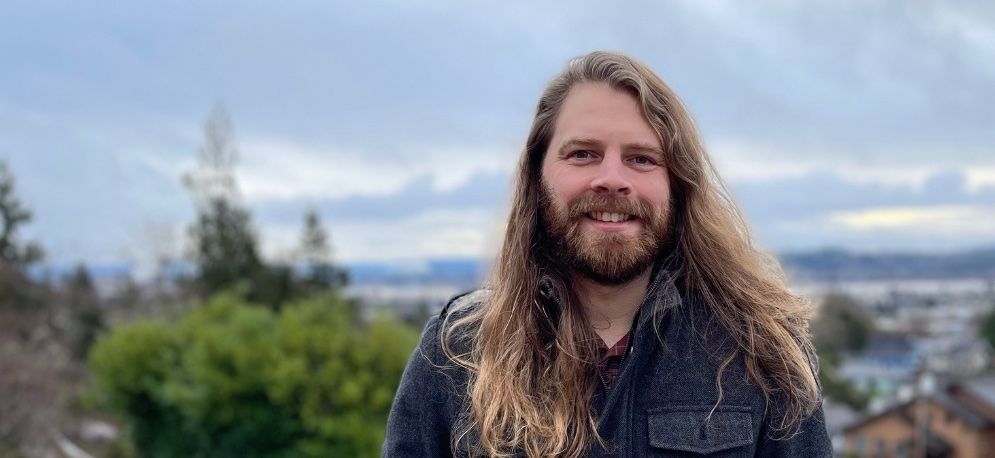
Mapping Expert Dustin Loup Joins Ready as Director of Community Development
2 min read
Ready.net announced the appointment of broadband policy and mapping expert Dustin Loup as the company’s new Director of Community Development.
Loup comes from his position as project director for broadband and digital equity at Washington State University Extension where he led a statewide project to support broadband and digital equity planning efforts at the local and tribal level. In this work, he worked closely with the State Broadband Office to support capacity and planning framework for Broadband Action Teams and Tribes to provide critical input into the State’s BEAD Five-Year Action and Digital Equity Plans.
He has also served as the program manager of the National Broadband Mapping Coalition on behalf of the Marconi Society for the past year and a half and will continue to serve in this role.
The National Broadband Mapping Coalition was founded in 2021 to facilitate the coordination and alignment around the critical work of mapping and measuring broadband availability and performance in the United States. During his time with the Coalition, it grew from 25 people to over 300 participants from a wide range of stakeholders, including at every level of government and has become a leading voice on broadband mapping issues.
Over the past year, the Coalition has focused heavily on the FCC’s National Broadband Map and the State Challenge Process under BEAD, advocating for policies and outcomes aimed at elevating the role of ground-truth data in critical decisions about broadband policy and funding. While it is difficult to attribute any specific policy decisions to any one source, many of the approaches that the National Broadband Mapping Coalition has called for have been incorporated in part into the NTIA’s BEAD Challenge Process policies, including shifting the burden of proof from the challenger to the challenged if there are a certain number of challenges for the area through the Area Challenge Modul and recognizing that speed test data can provide valid evidence when employing a rigorous methodological approach.
Loup expressed his excitement about joining the team at Ready, because they are driven by the goal of supporting the most effective and equitable outcome possible in the deployment of this generational funding for deploying broadband to unserved and unserved communities.
The tools Ready has created and are creating “have the ability to empower states, communities, and tribes to reach the best outcome,” he said, “Not only do the tools and team at Ready work to make that more efficient and effective, but also more equitable.”
Loup’s ultimate goal is to get high-speed internet access to the people that need it most by supporting the development of tools and resources for the states, localities, and tribes that will reach the best outcomes. In this role, he will work with partners, states, tribes, and localities to support the development of strategies, tools, and resources to work through the barriers and reach the best possible outcome in working toward universal service and adoption.
Loup has always been amazed at the power of the internet to provide access to communication and information. He has spent his entire career on various internet policy components, including a stint in the global domain name system governance. Over the course of his work, Loup has continued to return again and again to the issue of tackling digital divide as a way to include all communities in the benefits of the internet.


